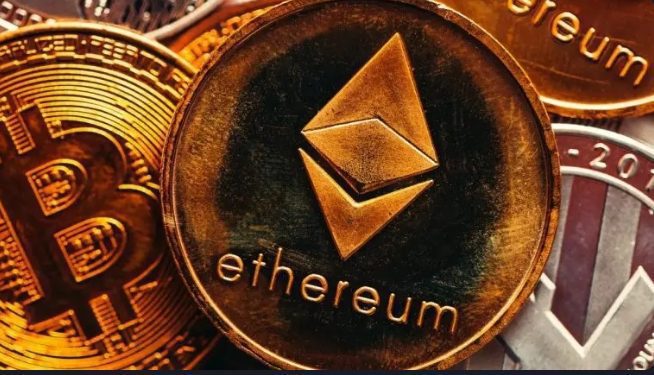Analysis from Bernstein suggests that the forthcoming Ethereum ETF is likely to see lower demand compared to the Bitcoin ETF. The anticipation for the Ethereum ETF launch is high, but projections indicate a subdued level of interest.
The absence of an ETH staking feature in the ETF is a significant factor contributing to the projected lower demand. This factor is expected to dampen spot ETH conversion and consequently reduce the attractiveness of the product to potential investors. Moreover, Bitcoin’s established first-mover advantage may have already saturated the demand for cryptocurrency ETFs, leaving limited room for growth in the Ethereum ETF sector.

Despite these considerations, some analysts maintain optimism regarding the potential of spot Ether ETFs. JPMorgan predicts that these funds could draw in net inflows of up to $3 billion by the end of 2024. However, prevailing market conditions might influence the level of interest in the product, potentially affecting its appeal upon launch.
Ether ETF Demand Projected to Lag Behind BTC
The approval of Bitcoin’s Spot ETF earlier in the year had a profound impact on the cryptocurrency market, propelling Bitcoin’s price to an all-time high of $73,000 within three months. Nevertheless, Bernstein analysts do not foresee a similar level of demand for the impending Ethereum ETF, which has secured approval but awaits a definitive launch date.
As per Gautam Chhugani and Mahika Sapra of Bernstein, the absence of an ETH staking feature in the ETF is expected to lead to diminished spot ETH conversions, resulting in comparatively lower demand when measured against the Bitcoin ETF. Despite this, Ethereum is establishing a compelling narrative as a tokenization platform for stablecoin transactions and conventional assets, potentially benefiting from an enhanced regulatory environment.
Nonetheless, any regulatory enhancements are improbable until after the upcoming US presidential election in November. Although the Ethereum ETF has received approval, the timeline for its market debut remains uncertain, with speculations hinting at a potential commencement in July. Overall, the impact of the Ethereum ETF on the market is anticipated to be more subdued compared to its Bitcoin counterpart.


